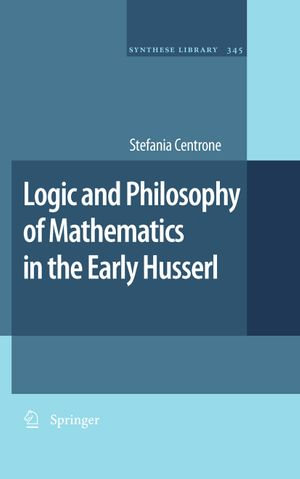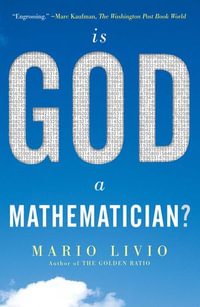
eTEXT
Logic and Philosophy of Mathematics in the Early Husserl
eText | 1 December 2009
At a Glance
eText
$159.01
or
Instant online reading in your Booktopia eTextbook Library *
Read online on
Desktop
Tablet
Mobile
Not downloadable to your eReader or an app
Why choose an eTextbook?
Instant Access *
Purchase and read your book immediately
Read Aloud
Listen and follow along as Bookshelf reads to you
Study Tools
Built-in study tools like highlights and more
* eTextbooks are not downloadable to your eReader or an app and can be accessed via web browsers only. You must be connected to the internet and have no technical issues with your device or browser that could prevent the eTextbook from operating.
ISBN: 9789048132461
ISBN-10: 9048132460
Series: Synthese Library : Book 345
Published: 1st December 2009
Format: ePUB
Language: English
Publisher: Springer Nature
Volume Number: 345
You Can Find This eBook In
This product is categorised by
- Non-FictionMathematicsHistory of Mathematics
- Non-FictionMathematicsMathematical FoundationMathematical Logic
- Non-FictionPhilosophyEpistemology & The Theory of Knowledge
- Non-FictionPhilosophyPhilosophy & Logic
- Non-FictionPhilosophyHistory of Western PhilosophyWestern PhilosophyPhenomenology & Existentialism
- Non-FictionScienceScience in GeneralPhilosophy of Science























